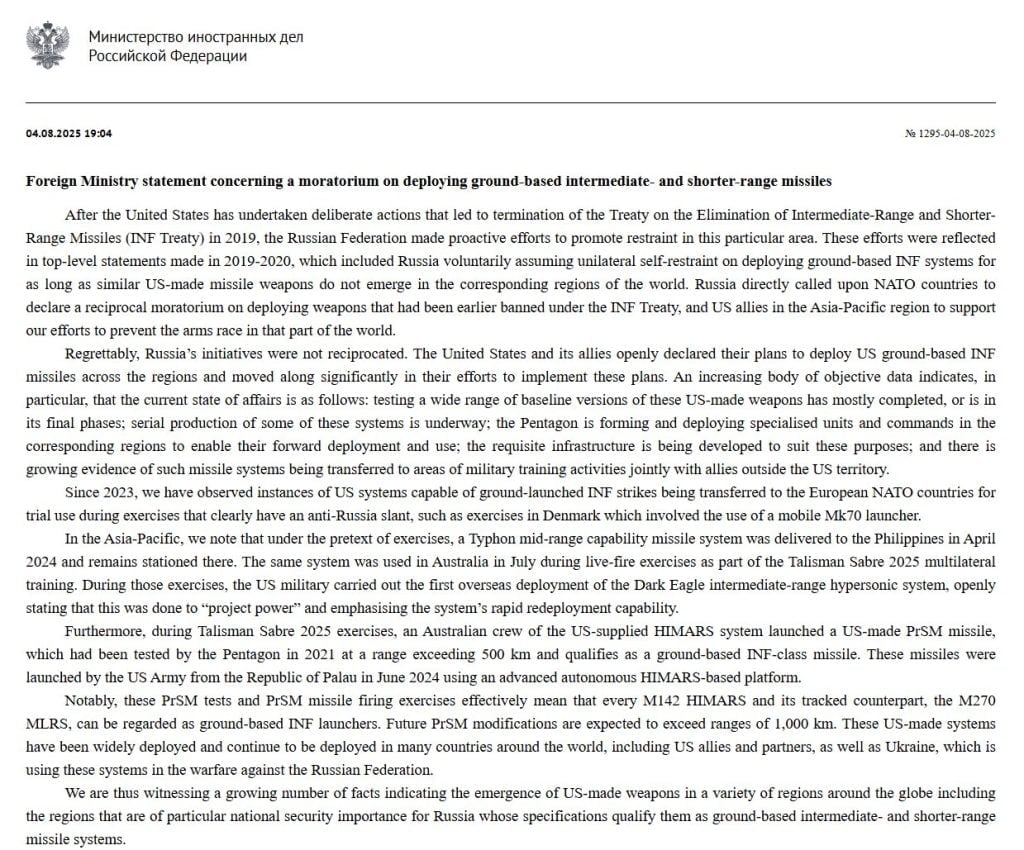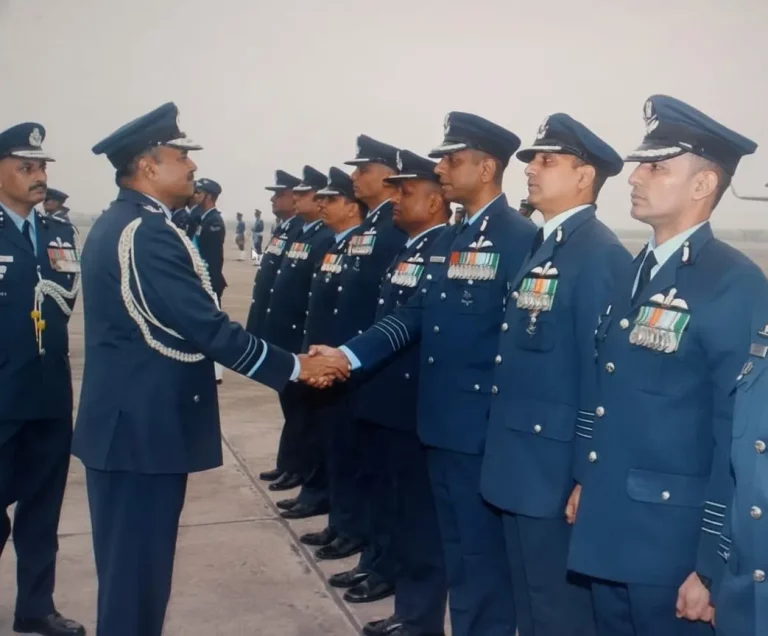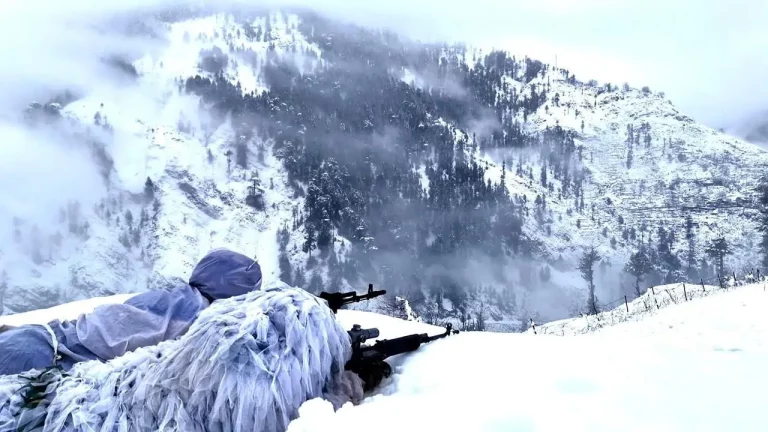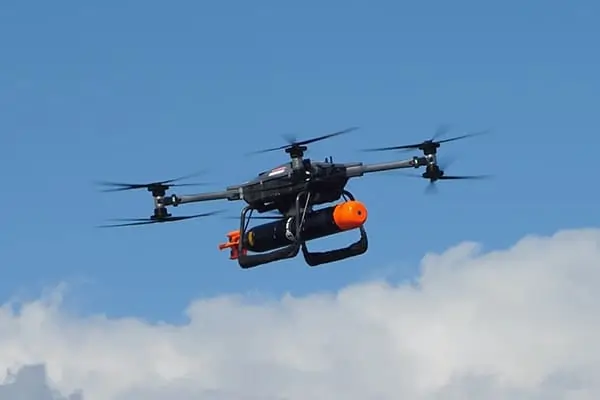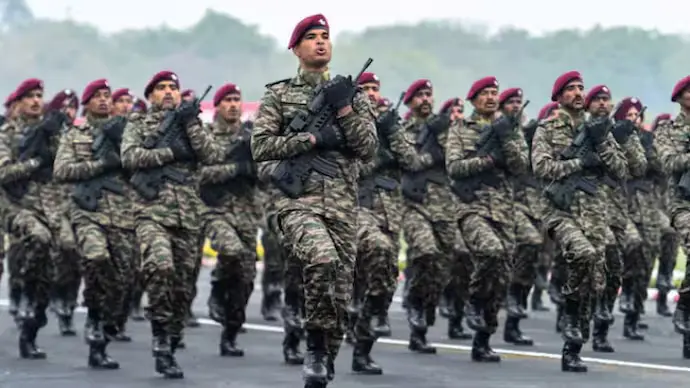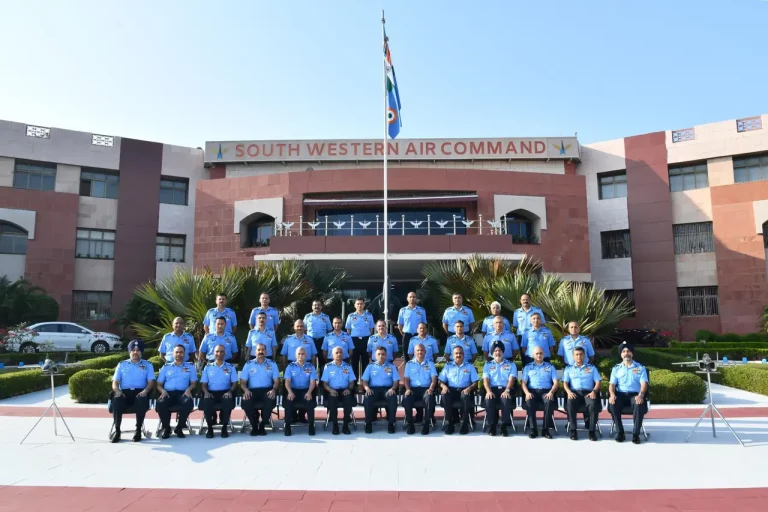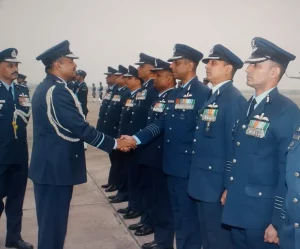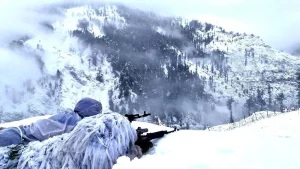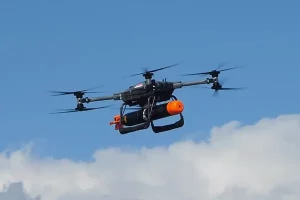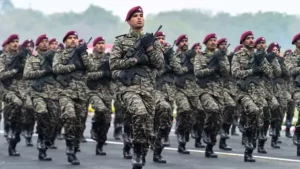In a significant shift in its defense posture, Russia has announced it will cease adherence to the 1987 Intermediate-Range Nuclear Forces (INF) Treaty, attributing its decision to what it perceives as a “destabilising missile build-up” by NATO. This announcement follows closely on the heels of US President Donald Trump’s directive to position two nuclear submarines closer to Russian territorial waters, highlighting the rising tension between the two nations.
The Russian Foreign Ministry articulated that the unilateral moratorium on deploying medium- and short-range missiles is no longer tenable, asserting that the conditions for such restraint have eroded due to what it views as provocative actions by Western powers, particularly in Europe and the Asia-Pacific region. Dmitry Medvedev, the former president of Russia and current deputy chairman of the Security Council, underscored the gravity of the situation, suggesting that this shift represents a “new reality” that adversaries must prepare to confront, and hinting at potential further military measures.
The INF Treaty, which came into effect following its signing by Soviet leader Mikhail Gorbachev and US President Ronald Reagan in 1987, specifically prohibited ground-launched missiles with ranges between 500 and 5,500 kilometers. The treaty was intended to reduce the risk of nuclear confrontation in Europe. However, the United States withdrew from the agreement in 2019, alleging that Russia had violated its terms. In response to this withdrawal, Russia had committed to not deploying intermediate-range missiles unless the US took similar actions. However, recent maneuvers by the US and NATO have led to Russia reconsidering this commitment.
This development is poised to elevate existing tensions in US-Russia relations, sparking concerns regarding a potential resurgence of a missile race in both Europe and Asia. Observers note that this escalation could have far-reaching implications for global security, as both nations seek to bolster their military capabilities in response to perceived threats. The international community will be closely monitoring this situation as it unfolds, with fears growing over the stability of nuclear agreements that have historically played a vital role in maintaining strategic balance.
